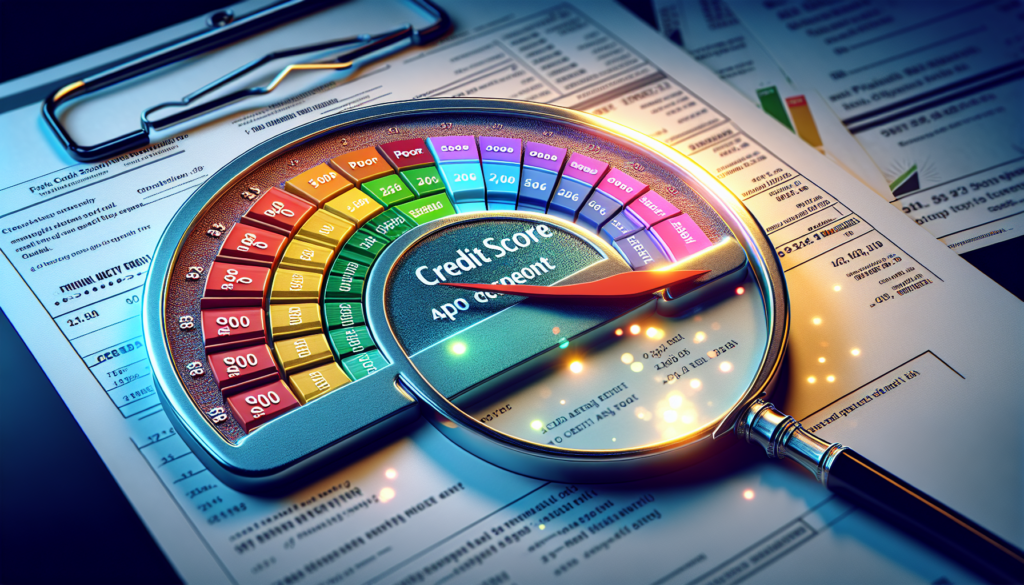
Filing for bankruptcy will have a significant impact on your credit score, but the extent of the impact can vary based on your individual credit history and the specifics of your bankruptcy case. Here’s what you need to know about how bankruptcy affects your credit score:
Immediate Impact on Credit Score
- Drop in Credit Score: Filing for bankruptcy typically results in a substantial decrease in your credit score. The exact amount of the drop can vary. Individuals with higher credit scores may see a more significant decrease, while those with already lower scores may see a smaller drop.
- Credit Report: A bankruptcy filing will appear on your credit report. A Chapter 7 bankruptcy remains on your credit report for 10 years from the filing date, while a Chapter 13 bankruptcy stays for 7 years. The visibility of the bankruptcy on your credit report can make obtaining new credit more challenging during this time.
Long-Term Impact
- Gradual Recovery: Over time, the negative impact of a bankruptcy filing on your credit score will diminish. You can start rebuilding your credit immediately after filing by adopting responsible financial behaviors.
- Rebuilding Credit: Steps such as obtaining a secured credit card, becoming an authorized user on someone else’s credit card, using a credit-builder loan, or consistently paying any remaining or new debts on time can help rebuild your credit score.
Factors Influencing the Impact
- Pre-Bankruptcy Credit Score: Individuals with higher credit scores prior to filing for bankruptcy typically see a larger drop in their score compared to those with lower scores.
- Debt-to-Credit Ratio: If your debts are discharged in bankruptcy, your debt-to-credit ratio will improve, which can positively affect your credit score over time.
- Post-Bankruptcy Financial Behavior: Your actions after bankruptcy play a crucial role in rebuilding your credit. On-time payments, careful debt management, and avoiding new debt can gradually improve your credit score.
Considerations
- Access to Credit: While bankruptcy may initially make it harder to obtain credit, some lenders specialize in offering credit to individuals who have recently filed for bankruptcy. However, be cautious of high interest rates and fees.
- Secured Credit Cards and Loans: These financial products can be easier to obtain post-bankruptcy and can be effective tools for rebuilding credit, provided they are used responsibly.
- Financial Education: Many individuals find that participating in financial education courses, a requirement during the bankruptcy process, helps improve their financial management skills, contributing to better credit management post-bankruptcy.
Filing for bankruptcy has a significant and immediate negative impact on your credit score, but it’s not permanent. With time and responsible financial behavior, you can rebuild your credit score. For many, the relief from overwhelming debt provided by bankruptcy allows for a fresh financial start, making it possible to rebuild credit more effectively than struggling indefinitely with an unsustainable debt load.

Get a Free Bankruptcy Case Evaluation